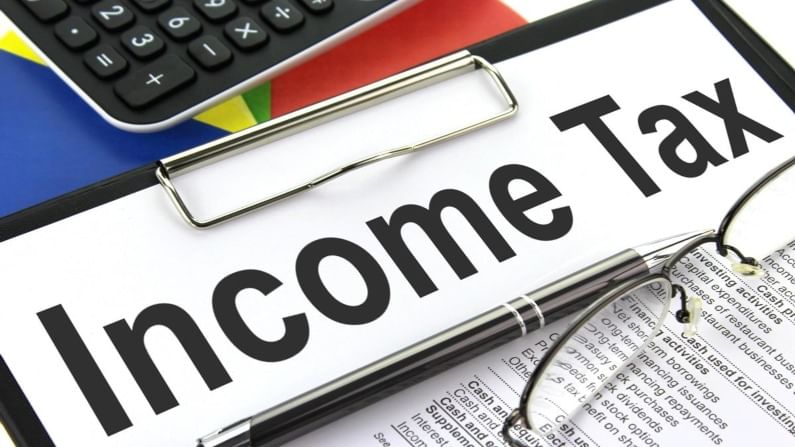High-value financial transactions that can bring you under the radar of the taxman
Central Board of Direct Taxes (CBDT) had issued a circular on March 12, 2021, to start the process by giving permission to various entities to report transactions to the Income Tax Department.

The Income Tax Department had informed in past about launching of pre-filled returns for ease and accuracy in the filing. Central Board of Direct Taxes (CBDT) had issued a circular on March 12, 2021, to start the process by giving permission to various entities to report transactions to the Income Tax Department.
The I-T department recently launched a revised Form 26AS, which is an annual tax statement that shows details of all high-value transactions by a taxpayer. Banks and financial institutions will report details of capital gains transactions, dividends, and interest income of taxpayers to the Income Tax Department under Section 114E of the Income Tax Act by May 31.
The details would then reflect on form 26 AS. Then, for people who have not filed Income Tax Return (ITR) or under-reported income despite doing a high-value transaction, the tax department will send a notice.
Let’s take a look at what these high-value transactions are and how the taxman gets information about them:
Statement of Financial Transactions (SFT): The SFT is a report of specified financial transactions that gives an account of high-value transactions. Currently, section 285BA of the Income Tax Act 1961 regulates the reporting of certain SFTs by entities referred to the Income Tax Authority through prescribed format is called Form 61A or Annual Information Return (AIR). Specified entities such as NBFCs, banks, credit card issuing companies, post offices, a company issuing bonds, shares, or debentures will have to report such transactions to the Income-tax department.
Here are the transactions that will come under the purview of SFT:
– Cash payment or deposit of over Rs 10 lakh in bank savings account
– Deposit or withdrawal of more than 50 lakh from the current account of the bank
– Fixed deposit of over 10 lakh
– Payment over 10 lakh by credit card
– Property worth more than Rs 30 lakh bought or sold
– More than 10 lakh invested in mutual funds
– Transactions of bonds, shares or debentures of over Rs 10 lakh
– For foreign currency transactions of over Rs 1o lakh via traveller’s cheque, debit/credit card or currency card
According to the new circular, transactions relating to capital gains of listed securities or mutual fund units, dividend income, and interest income earned will get reported. The circular has been authorized the following entities to report the related transactions:
(i) Recognised stock exchanges, depositories, registrar and share transfer agents and recognized corporations for reporting capital gains on equities and mutual funds
(ii) Declaring companies to report dividend income
(iii) Interest income to be reported by banks, NBFCs and post offices
The new circular has kept a zero ceiling limit for informing about the transactions as they will be used for providing pre-filled ITR to all income tax return filers. This has to be reported by the entities in the intervals, which will be informed in the further notice. As of now, it has to be informed by the entities to the income tax department on or before May 31. However, there has been no such rule in the case of investment in gold as of now.
It is mandatory to report all high-value transactions in the prescribed format by the banks and all other financial institutions. The prescribed format is called a Form 61A or Annual Information Return (AIR). Any mismatch found in Income reported in ITR vs investment/expenditure may lead to the Income-tax notice.